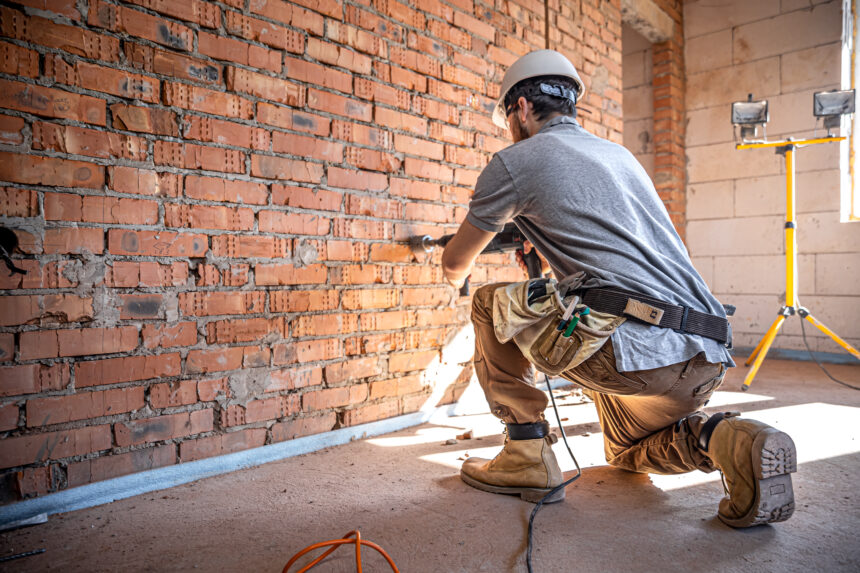Flipping houses can be a profitable venture in the South African property market, provided you approach it strategically and understand the local market dynamics. Here are some key considerations to keep in mind:
- Research the Market: Before getting started, thoroughly research the local property market in the specific region where you plan to invest. Look for areas with high demand, potential for property value appreciation, and a solid buyer pool.
- Financial Planning: Develop a clear budget and financial plan for your project. Consider acquisition costs, renovation expenses, holding costs (such as mortgage payments and utilities), and selling costs (such as agent commissions and transfer duties). It’s crucial to accurately estimate these expenses to ensure you can achieve a profitable sale.
- Identify Profitable Opportunities: Look for properties with potential, such as those in need of repairs or renovations, or distressed properties available at a discounted price. Research the neighborhood and evaluate comparable sales to assess the potential profit margin.
- Renovation Strategy: Develop a renovation strategy that maximizes the property’s value without overspending. Focus on high-impact areas such as kitchens, bathrooms, and curb appeal. Ensure that renovations align with the target market’s preferences and are in line with the neighborhood’s standards to attract potential buyers.
- Cost Management: Keep a close eye on your renovation costs and actively manage your budget. Obtain multiple quotes from reliable contractors, negotiate prices, and monitor the progress of the work to avoid cost overruns.
- Time Management: Time is money in the house flipping business. Develop a realistic timeline for the renovation process, factoring in potential delays, and work closely with your contractors to ensure timely completion. Holding a property for too long can eat into your profits.
- Marketing and Selling: When the renovations are complete, focus on effective marketing to attract potential buyers. Utilize online platforms, social media, and traditional marketing methods to reach a wide audience. Consider working with a reputable real estate agent who can help you price the property competitively and negotiate offers.
- Legal and Regulatory Compliance: Familiarize yourself with the legal and regulatory requirements for property transactions in South Africa. Ensure that all necessary permits and approvals are obtained, and comply with tax obligations related to property sales.
- Risk Management: Flipping houses involves certain risks, such as market fluctuations, unexpected renovation expenses, or extended holding periods. It’s essential to have contingency plans in place and build a financial buffer to mitigate these risks.
- Professional Guidance: Consider seeking advice from professionals, such as real estate agents, property lawyers, and contractors experienced in house flipping. Their expertise can help you make informed decisions and increase your chances of success.
Remember that the South African property market can vary across different regions, so it’s crucial to conduct thorough research and adapt your strategies accordingly. Flipping houses can be a profitable venture, but it requires careful planning, execution, and a keen understanding of the local market dynamics.










